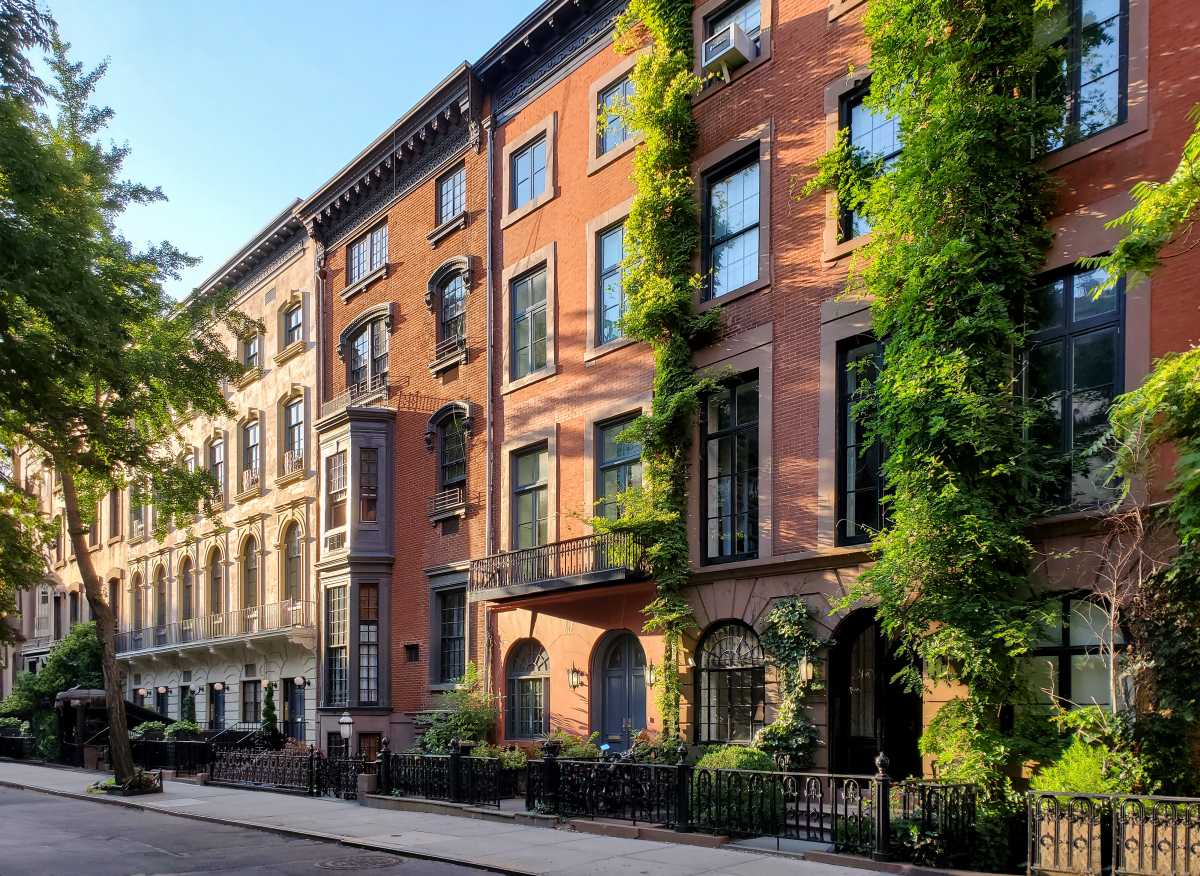By Patrick Hedlund
Chronicling a ‘vanishing’ city
Mixed Use often counts on our local pavement-pounders for tips on the freshest Downtown development grist, but we reserve a special spot for a group of savvy bloggers who’ve kept detailed tabs on the city’s real estate boom — and its resultant casualties.
The brains behind Jeremiah’s Vanishing New York and Lost City consistently update their metro-centric Web sites with original news about neighborhood openings and closings, and commentary on the city’s ongoing evolution, with an overriding sense of mourning for the New York of yore.
“Unfortunately, there’s always stuff to write about,” said Lost City blogger Brooks of Sheffield, who, as a working journalist by day, uses a pen name for his site. “These places are treasures, and once they’re gone, they’re irreplaceable.”
Lost City, which recently chronicled the changes — or, as Brooks found, lack thereof — on the Lower East Side’s Ludlow St. over the past decades, often breaks news that feeds some of the city’s larger real estate media, such as Curbed.com and the big dailies.
The same goes for Jeremiah’s Vanishing New York, whose proprietor Jeremiah Moss — also using a nom de plume — offers “a bitterly nostalgic look at a city in the process of going extinct,” according to the banner atop his site.
“When you have a blog that just accumulates so much, you realize just how truly overwhelming it is,” Moss noted of his aggregated posts, which number more than 300 since the site’s launching less than a year ago.
Moss first reported the recent closing of the Cheyenne Diner, which later appeared in the pages of the New York Post and The Villager’s sister paper, Chelsea Now, as well as on a handful of other Web sites. J.V.N.Y. was also first to break the news about the likely loss of eight businesses on Ninth Ave. following a large real estate deal.
“That barbershop [located on the Ninth Ave. stretch] is just a hub of activity for people in the community,” Moss lamented. “It’s kind of a refuge.”
Both bloggers maintain that they do not make profits off the sites, doing it more out of a sense of duty to a city they’ve seen overrun in recent years. (Brooks has lived here since the late ’80s, while Moss moved here 15 years ago.)
“I don’t know what City Hall thinks makes New York special,” said Brooks of constant development displacing longtime tenants. “It’s layers and layers of history, and if they’re all eradicated, how are we different from Atlanta?”
Added Moss: “I’d like to see a city in which everybody can have a niche and survive,” he said. “I don’t want everything to be the same, and I feel like that’s what we’re moving to.”
S.L.A. says no to disco
Another Lower East Side nightlife hotspot has bitten the dust, with the recent news that the 205 Club at Chrystie and Stanton Sts. lost its liquor license.
State Liquor Authority spokesperson Bill Crowley confirmed that the less-than-two-year-old lounge had its license revoked last month, noting the “place has got lots of adverse history.”
Community Board 3 district manager Susan Stetzer acknowledged she was fuzzy on the details of 205, but said the two-story venue and its cousin club The Box a half-block away have had a history of troubled relations with local residents.
“We get a number of complaints about them,” said Stetzer of the high-profile establishments, noting a regular stream of criticism about them at Fifth Precinct Community Council meetings.
The lifting of 205’s license was news to David Bruno, a local music promoter and deejay who lives on Orchard St. and has held events at 205 in the past. He previously housed his monthly party, “People Don’t Dance No More,” at the now-defunct 200 Orchard Bar, which lost its license last year, so the trend of revocations has affected his ability to operate in the neighborhood.
“I know they had troubles in the past with the community board,” Bruno said of 205, “and I thought things were going much better as of late.”
Meanwhile, it looks like the community might be gaining the upper hand in its war on nightlife expansion.
“It will be a huge loss to the new disco community in N.Y.C.,” Bruno added.
Hudson Sq.-block visions
While it was announced recently that the square-block plot at Canal St. and Sixth Ave. will soon play host to a public sculpture garden, musings over future development at the site have already begun at the attractive Hudson Square-Soho-Tribeca intersection.
The folks over at New York magazine, whose offices recently relocated across the street from the site in question, asked four architectural firms for their unfettered developmental visions for the Trinity Real Estate-owned lot. (The magazine also leases from Trinity at One Hudson Square.) The results ranged from the sublime to the ridiculous, with designers like Work Architecture Company and FLAnk providing pie-in-the-sky plans, including a stagger-stepped “urban farm” and an advertisement-incorporating, affordable-housing tower.
Also featured were an art-inspired green building and a more traditional brick-and-glass hotel/residential space. But from the looks of things, the opportunities appear vast.
Erin Roeder, Trinity’s director of strategic neighborhood development, maintained to Mixed Use that the company is now focused solely on its interim art use and that Trinity wasn’t approached about the magazine feature. Roeder added she expects the first sculptures to land this summer, pending current negotiations with artists.
” target=_blank>mixeduse@communitymediallc.com






























